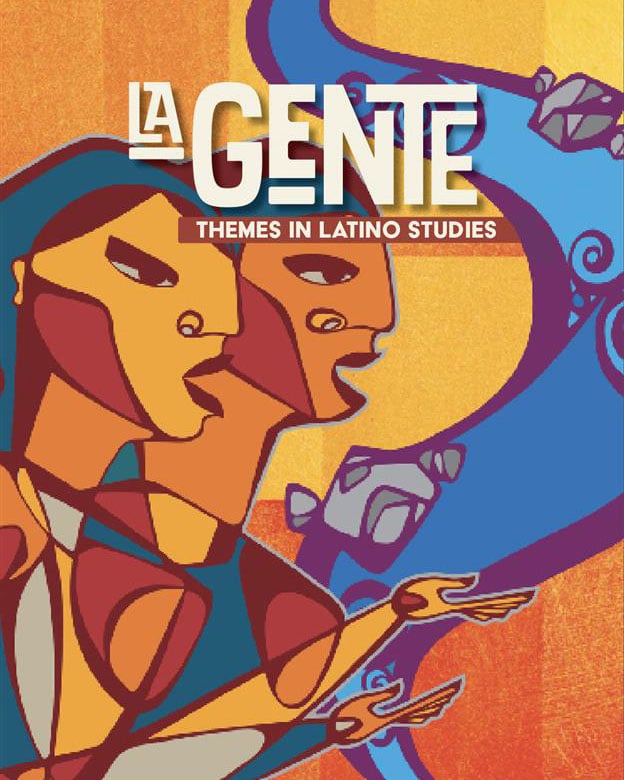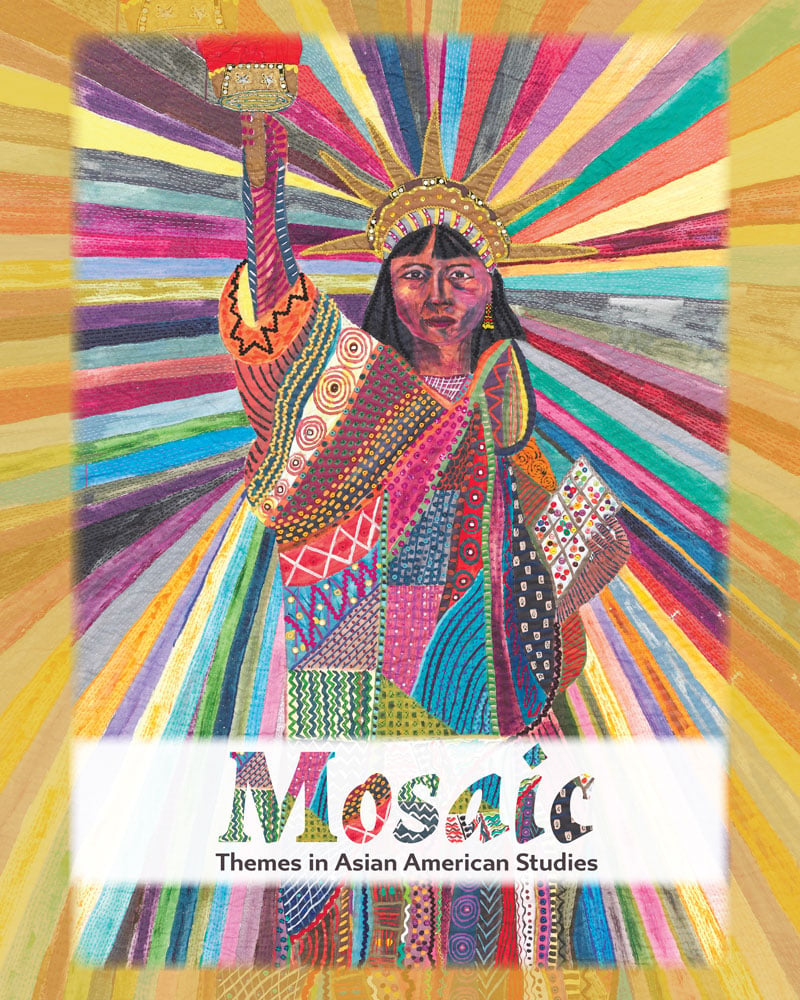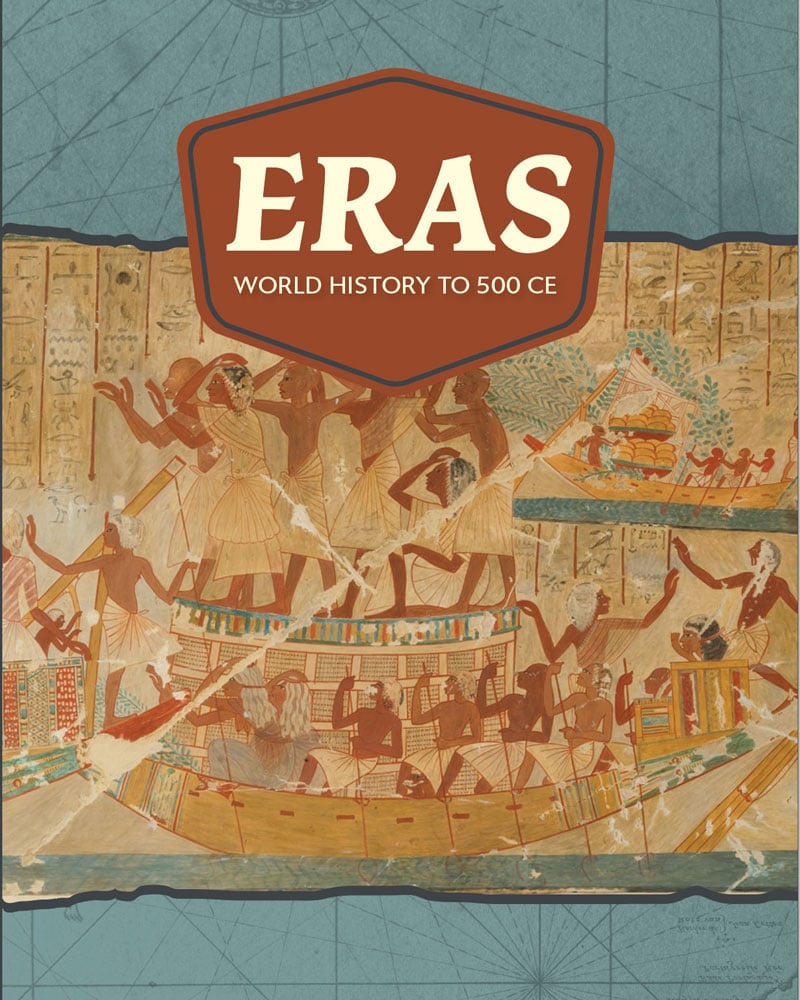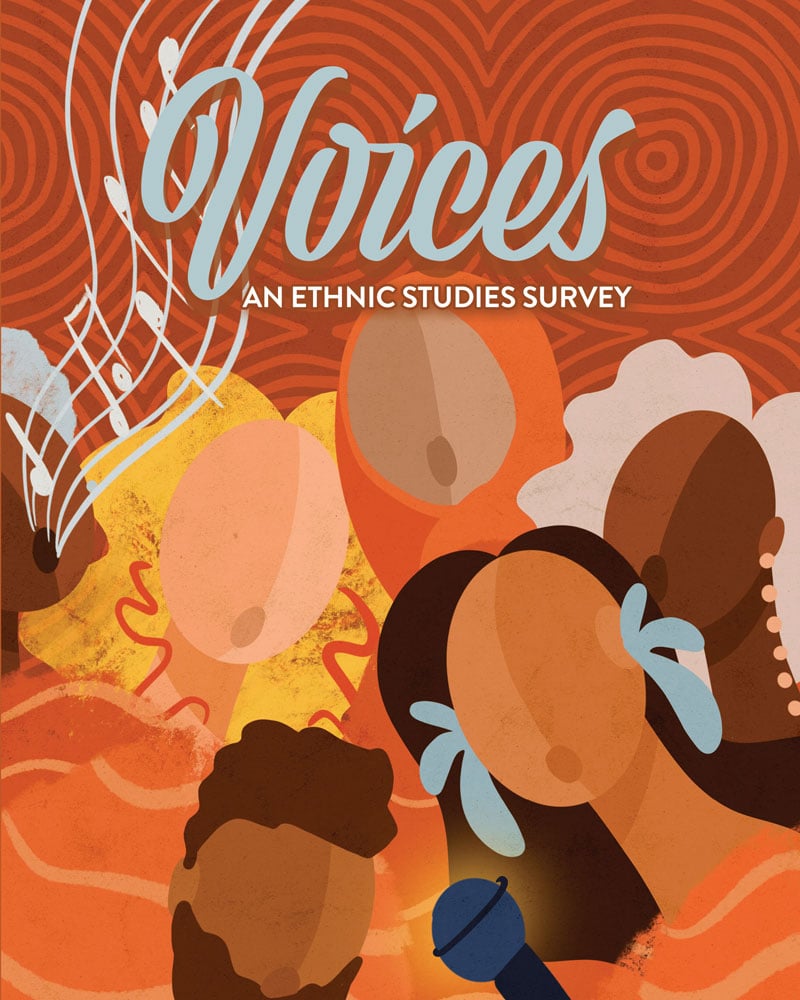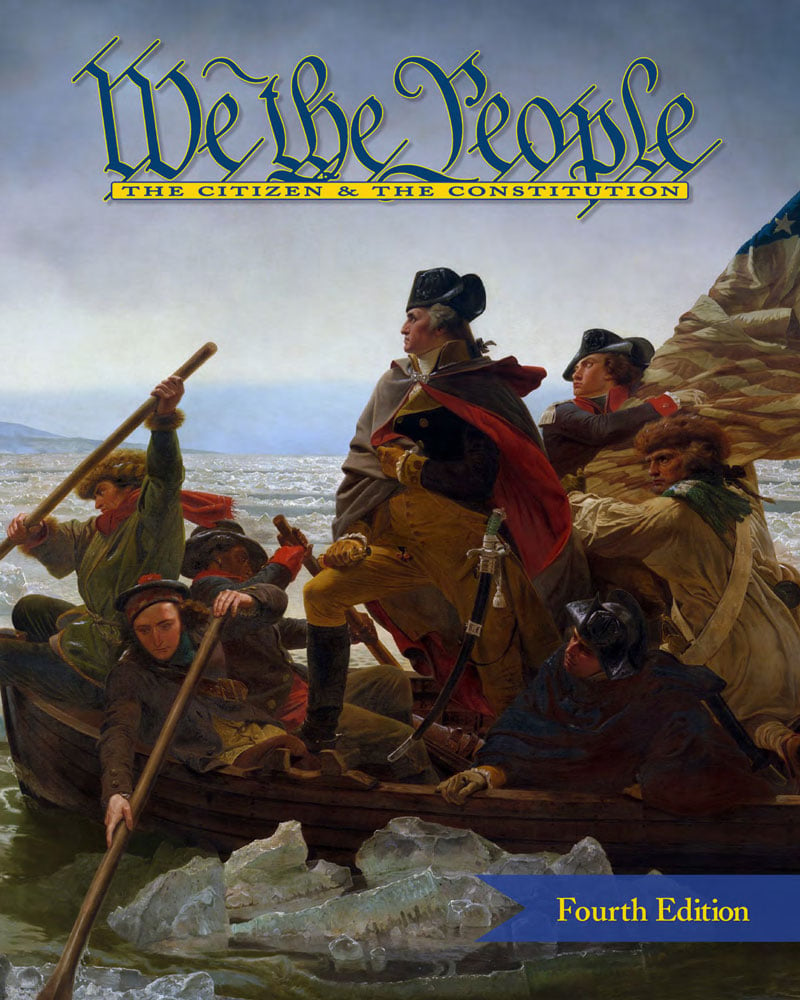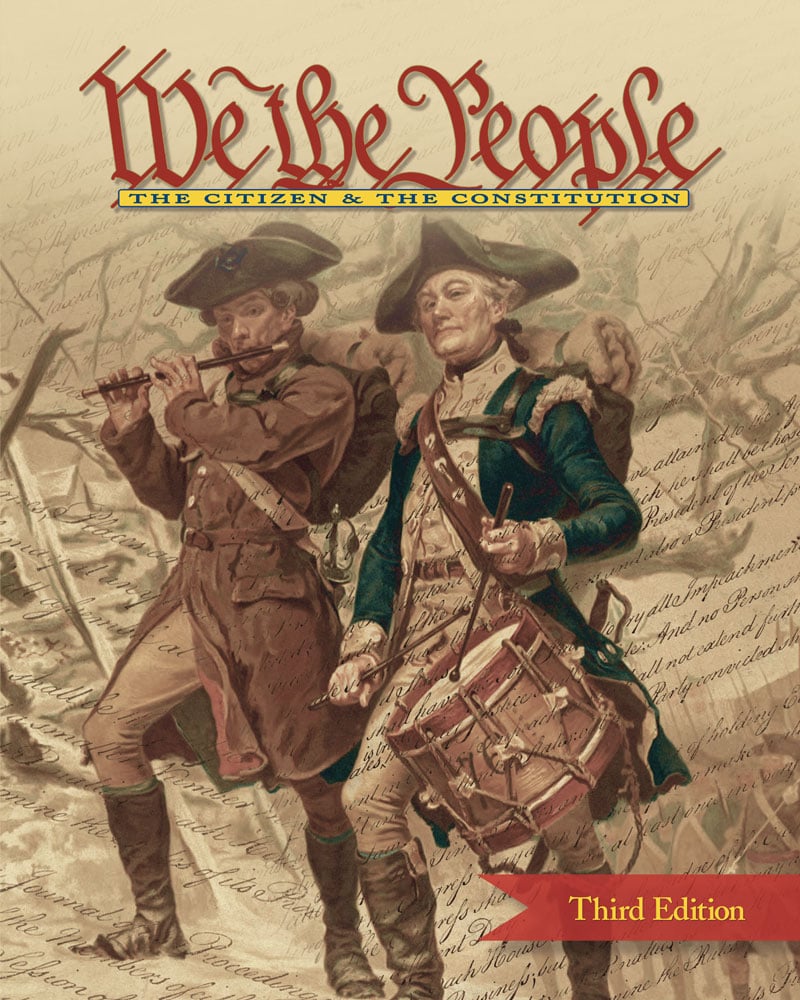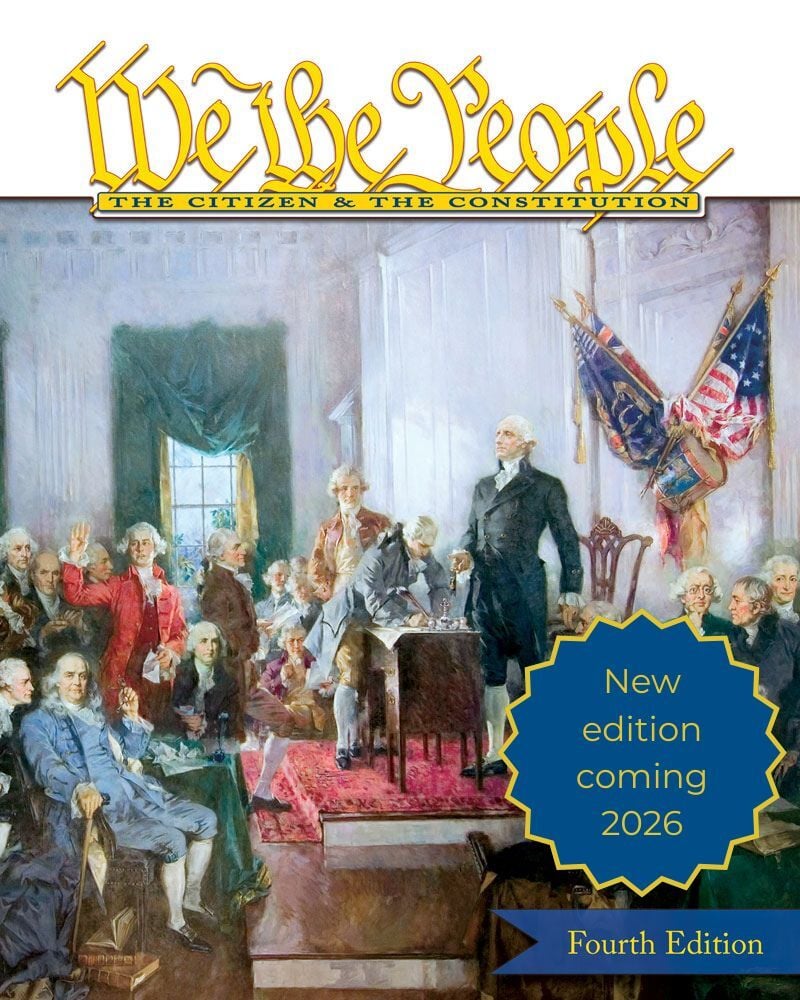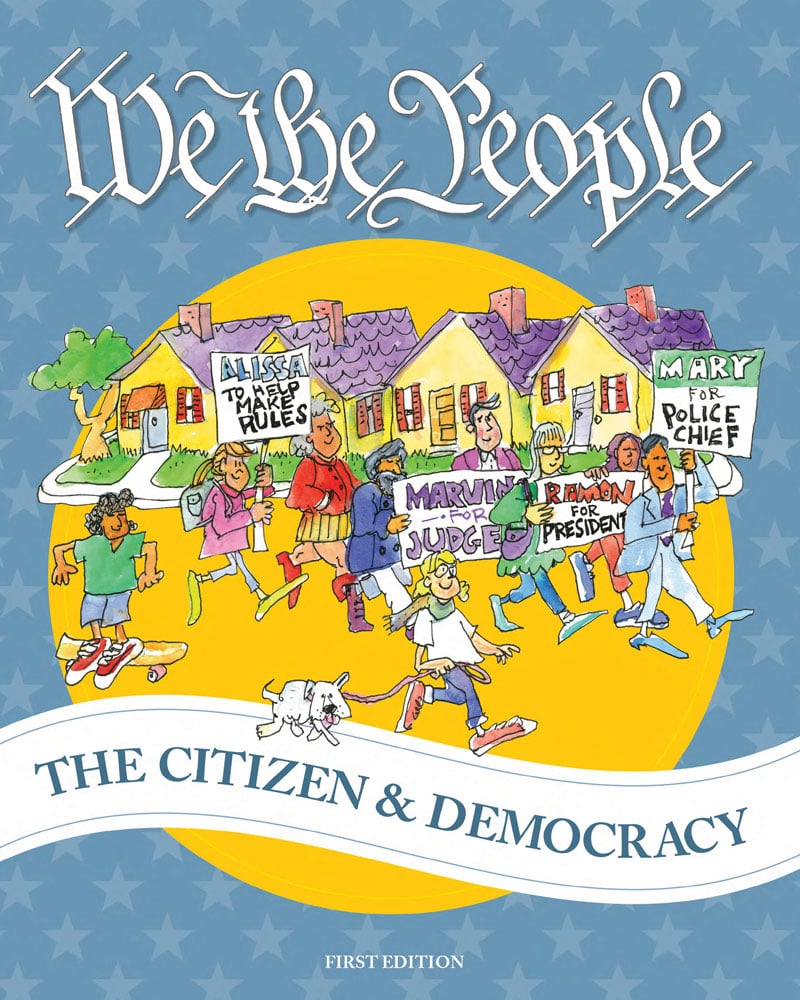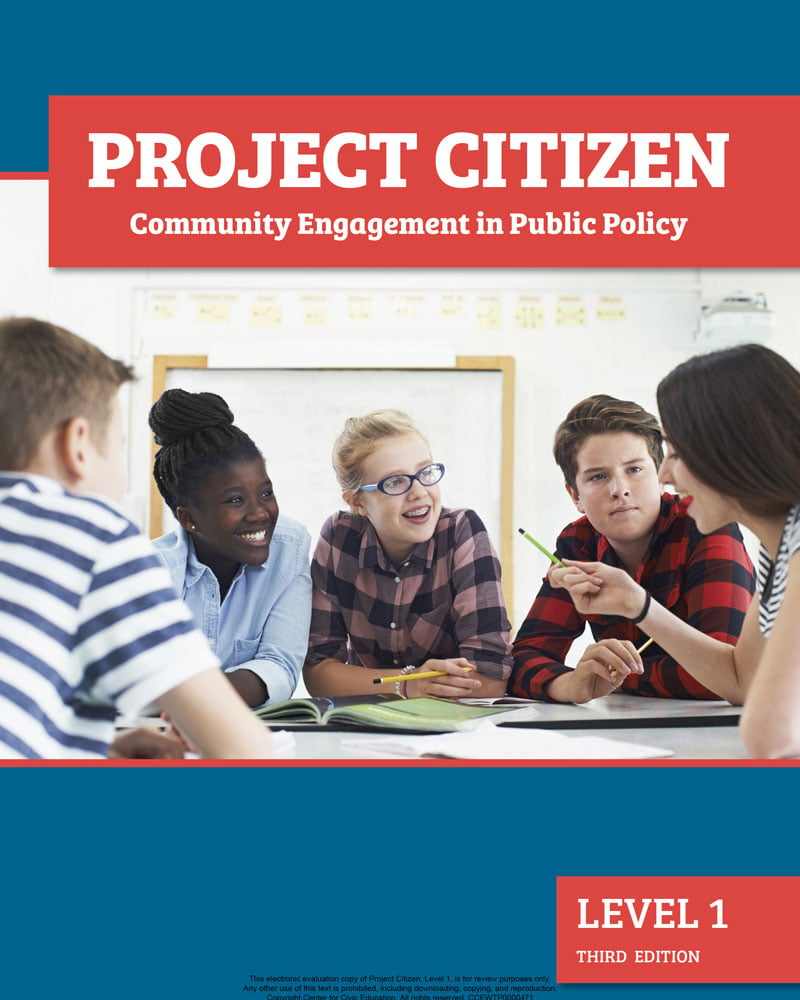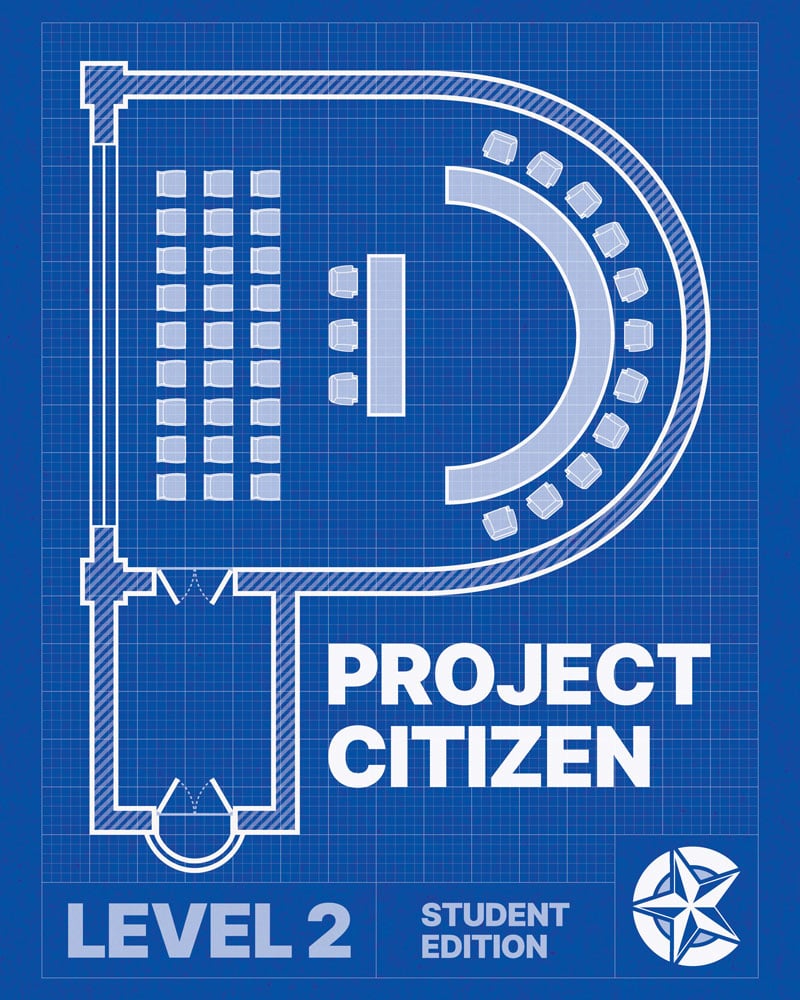
Dive into social studies with our vertically-aligned, literacy-supported Arkansas Series. Our inquiry-based resources support students and teachers in exploring civics, geography, economics, history, and culture. These standards-aligned, high-quality instructional materials are customizable and use Science of Reading techniques.
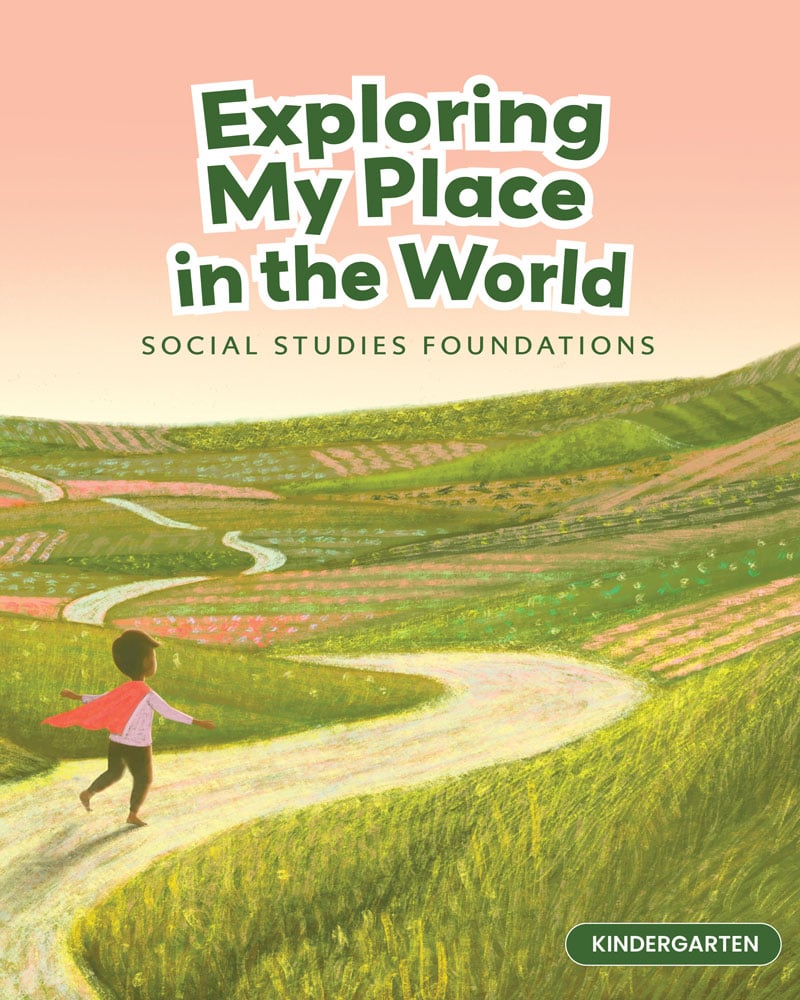
Kindergarten
Exploring My Place in the World
With robust scaffolding and extensive literacy support for inquiry-based learning, Exploring My Place in the World introduces young learners to explorations of the world of social studies. An introduction to geography, history, economics, and civics is supported by extensive teacher-led engaging opportunities for exploration.
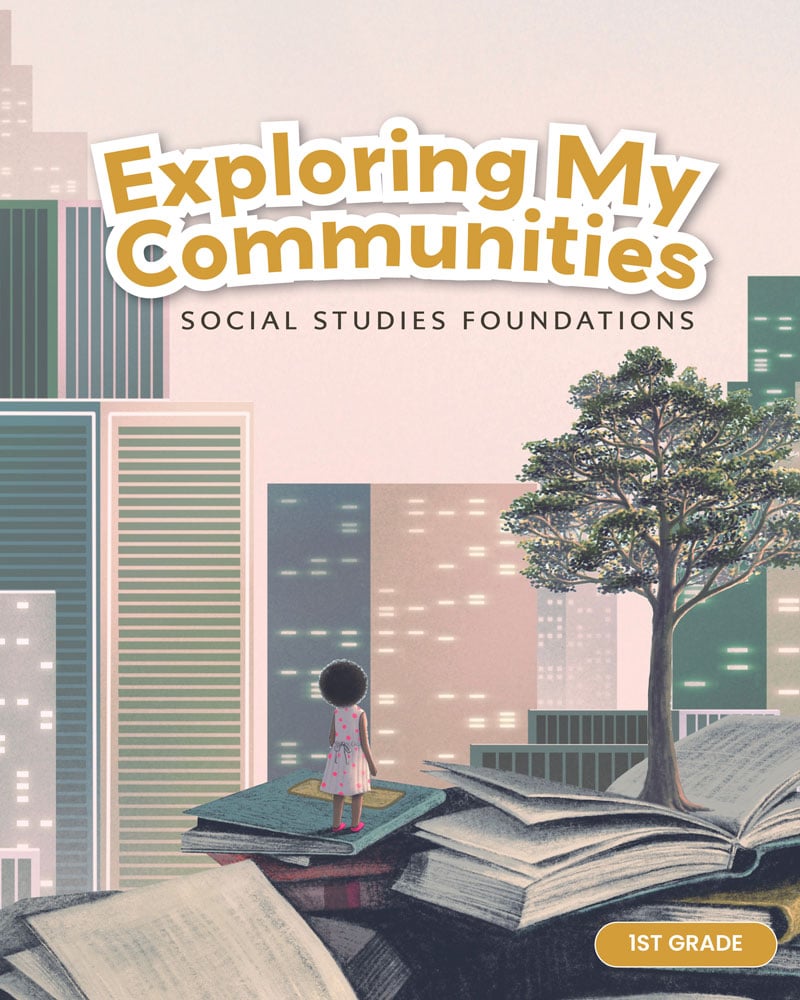
1st Grade
Exploring My Communities
Through the lens of language acquisition support and literacy scaffolding, young learners continue their exploration of social studies topics in Exploring My Communities. Continued literacy scaffolding and social studies foundation development, driven by inquiry-based learning, encourage curious engagement with community and place.
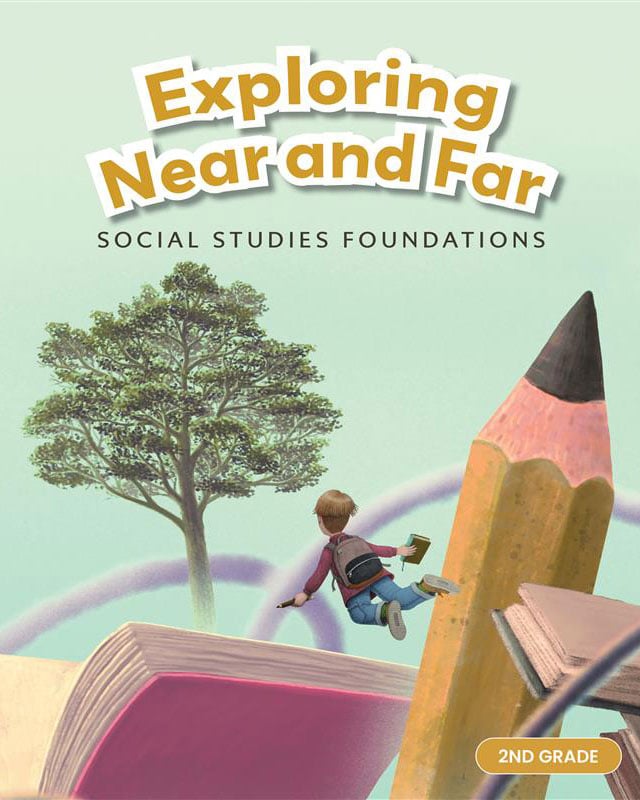
2nd Grade
Exploring Near and Far
Multimodal student-first strategies and an emphasis on language practice and reading skill development expand student experiences with social studies in Exploring Near and Far. Geography, history, economics, and civics guide learners through extended skill development and learning strategies, spiraled for access by all learners.
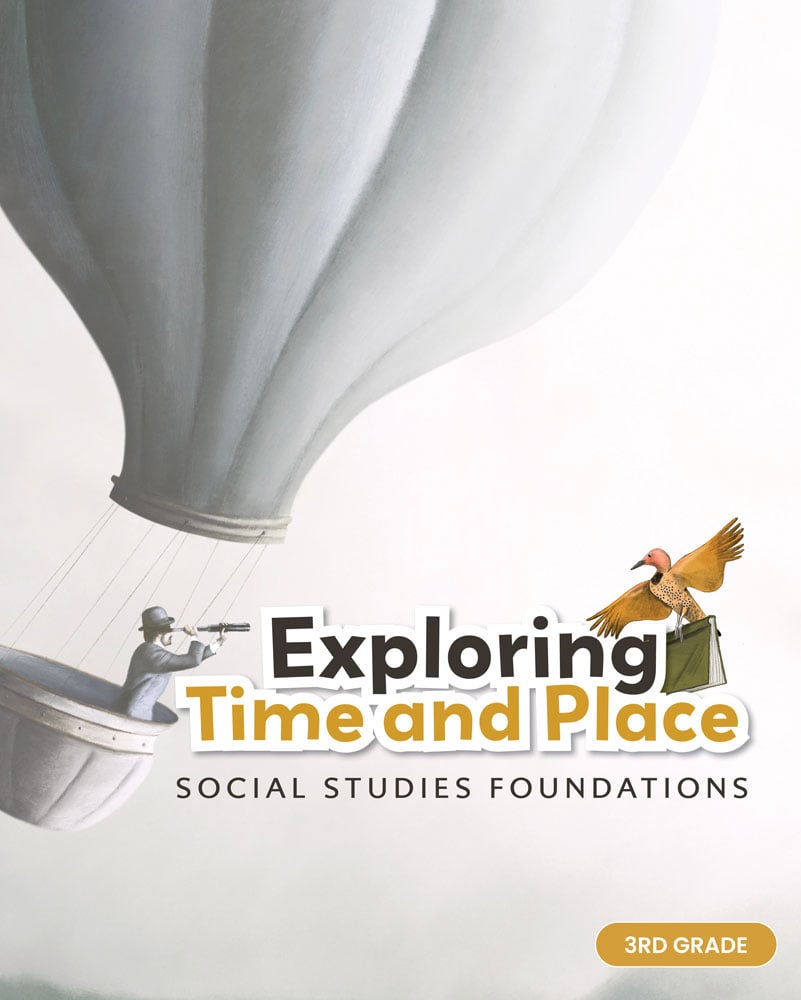
3rd Grade
Exploring Time and Place
A continued emphasis on and support for literacy in student-driven models of exploration and learning guides students in their investigations of social studies in Exploring Time and Place. Students will develop the foundation needed for their state history and social studies courses in fourth grade.

5th Grade
Bridges and Boundaries: World Geography
Providing a dynamic introduction to the interdependence of spatial thinking and global understanding in an integrated discussion of geography, Bridges and Boundaries offers engaging materials to stimulate critical thinking and analysis of the relationship between humans and the land. Stunning visual supports, including graphs, maps, photographs, and charts, support scaffolded literacy and critical thinking development.
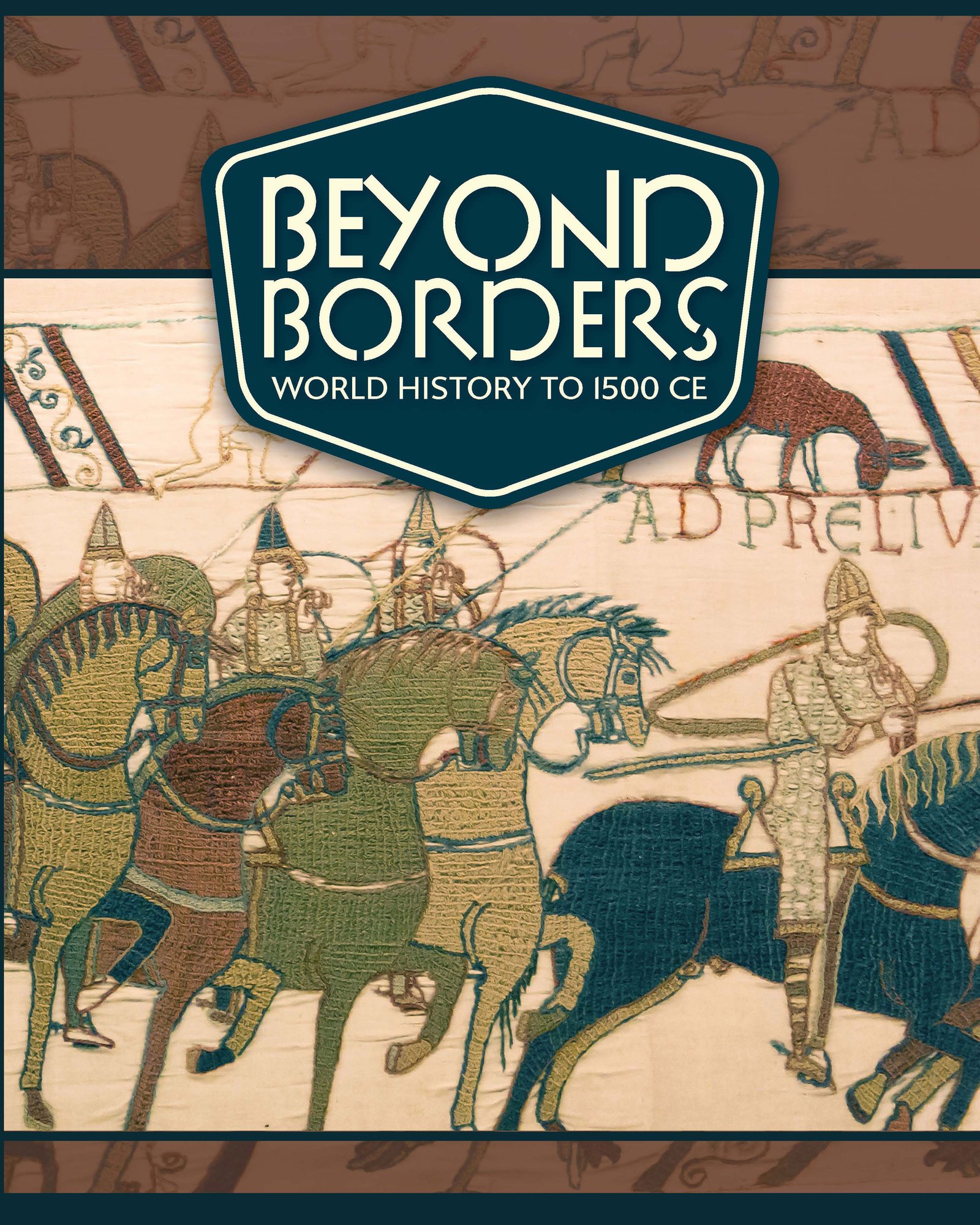
6th Grade
Beyond Borders: World History to 1500 CE
Transporting readers from the beginnings of humanity and ancient civilizations all the way to the Age of Exploration, Beyond Borders offers readers a thoughtful and scaffolded journey around the world. Filled with vibrant maps, informative charts, captivating photos, and stunning illustrations, this world history resource allows students to immerse themselves in the rich tapestry of world history from a multitude of perspectives.
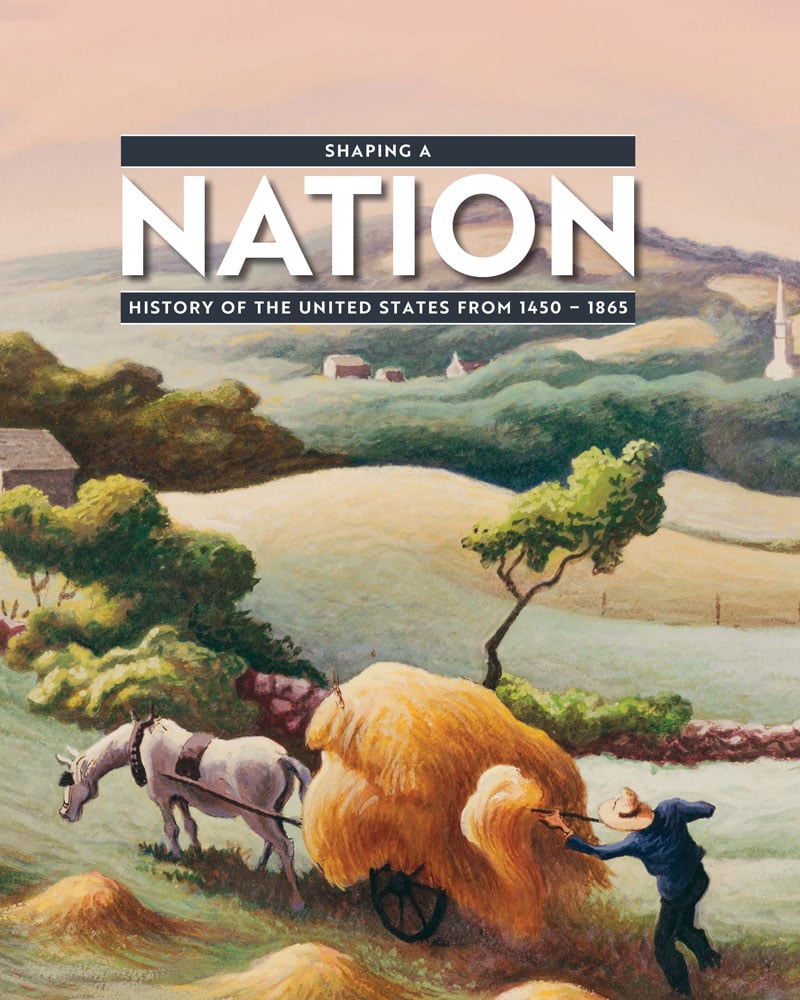
7th Grade
Shaping a Nation: A History of the United States from 1450 to 1865
The remarkable journey of the United States in its formative years is explored in Shaping a Nation. This comprehensive resource is enriched with vibrant maps and illustrations as well as engaging charts and photos. Filled with narratives of US history from the earliest beginnings to the Civil War, this resource combines narrative and curriculum to develop student understanding and critical thinking.
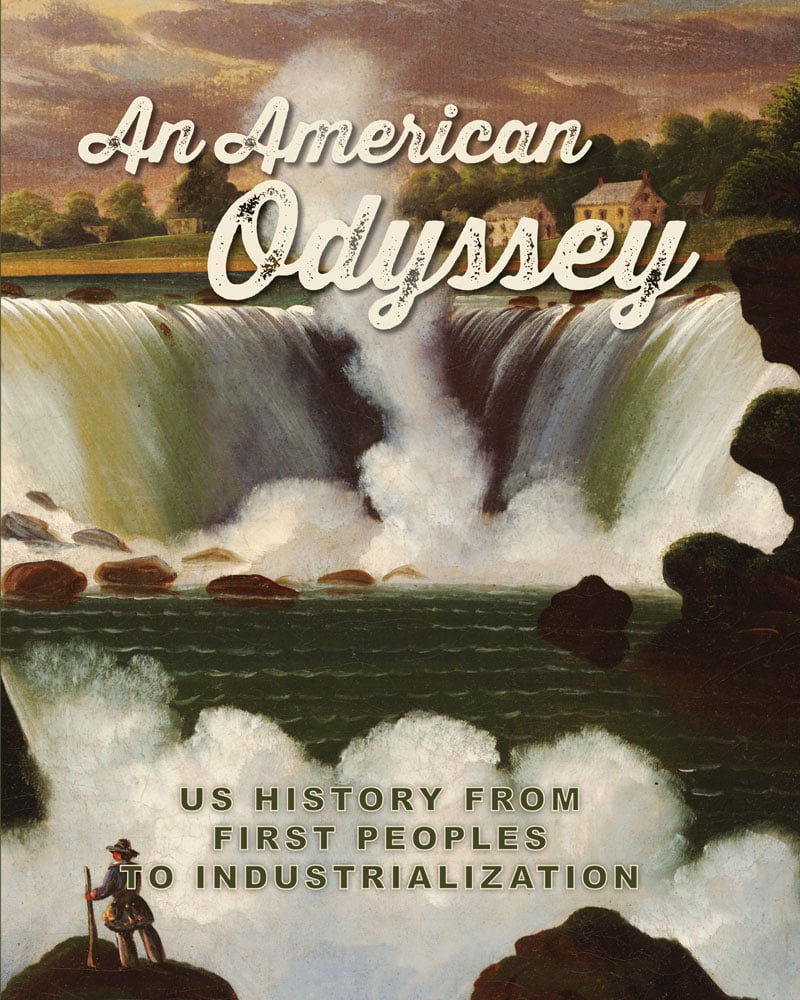
8th Grade
An American Odyssey: US History From First Peoples to Industrialization
Explore the history of the United States from the convergence of Indigenous people, Europeans, and Africans in North America in An American Odyssey. Travel through the tumultuous Civil War, Reconstruction, and Gilded Age. The text includes a wealth of maps, charts, photos, and illustrations, and our curriculum spirals social studies skills and scaffolds literacy development. Sudents will engage with the rich history of the United States through the use of interdisciplinary materials to increase literacy and understanding.

8th Grade
The Arkansas Journey
Explore a sample of the student edition.
Weaving together the history of Arkansas and the United States, The Arkansas Journey uses thought-provoking images, timelines, maps, charts, and graphs to guide students through the complex stories and interactions of the people, events, and land that have shaped who we are today. Students will develop and build upon both social studies skills and literacy skills as they connect to and reflect on the lessons of the past to become active and engaged citizens of the future.
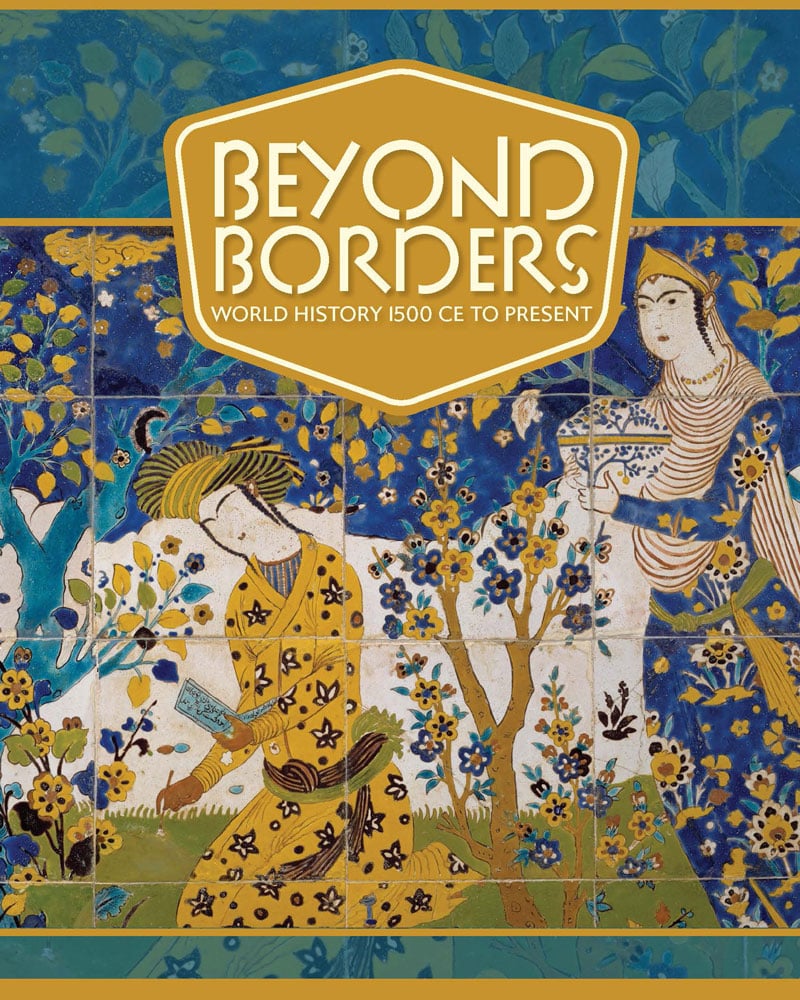
9th Grade
Beyond Borders: World History 1500 CE to Present
From the Age of Exploration to the Space Age, Beyond Borders supports readers in their journey through human history. Engaging content—maps, charts, photos, illustrations, and narrative that connects civilizations and places across the planet—encourages students to explore world history from various and diverse perspectives.

Diversity Studies
Movement: Black American History
Available as a five-volume resource and a single textbook designed to fully support the new AP African American Studies course, Movement delves into Black American history through the lenses of migration, economics, inequality, leadership, and culture. This resource features contributions and research from renowned Black scholars.
Ready to trial The Arkansas Series?
Let’s talk!
Experience any of our Arkansas resources for free for 14 days on our digital platform, GSEonline.
For a personalized pricing solution, request a custom quote.
Additional Titles

Each chapter provides an inquiry-based approach that focuses student learning through a “Big” or “Essential” question. The question is drawn from state-specific standards or standards from the C3 Framework for Social Studies and is supported by Key Ideas, Learning Goals, and Key Terms in each chapter. Activities throughout the text and curriculum are scaffolded and designed to build upon each other and to gain skills, as well as content knowledge. Each chapter opening spread also includes a timeline relevant to the content to be covered and a primary or secondary source image with an accompanying caption to engage students.

Every page of the text is designed to engage readers, featuring a variety of maps, images, graphs, charts, primary, and secondary sources that are grade-level appropriate. Many of the features found in the text provide opportunities to examine multiple perspectives for analysis and evaluation throughout, including the ability to express, clarify, justify, interpret, and represent their ideas and to respond to peer and teacher feedback orally and/or in written form. Students frequently engage meaningfully with complex texts and are able to see themselves in the content. Captions included with the visual features in the text include open-ended questions for students to consider, discuss, and debate. Maps, graphics, and sources throughout each chapter support an inquiry arc.



The Key Terms within each lesson strengthen understanding of the grade-level content and vocabulary, often include activities to increase comprehension and retention, and feature many terms that can be used by students in other contexts.

Explore GSE’s Unparalleled Social Studies Resources and Premier Professional Development Services
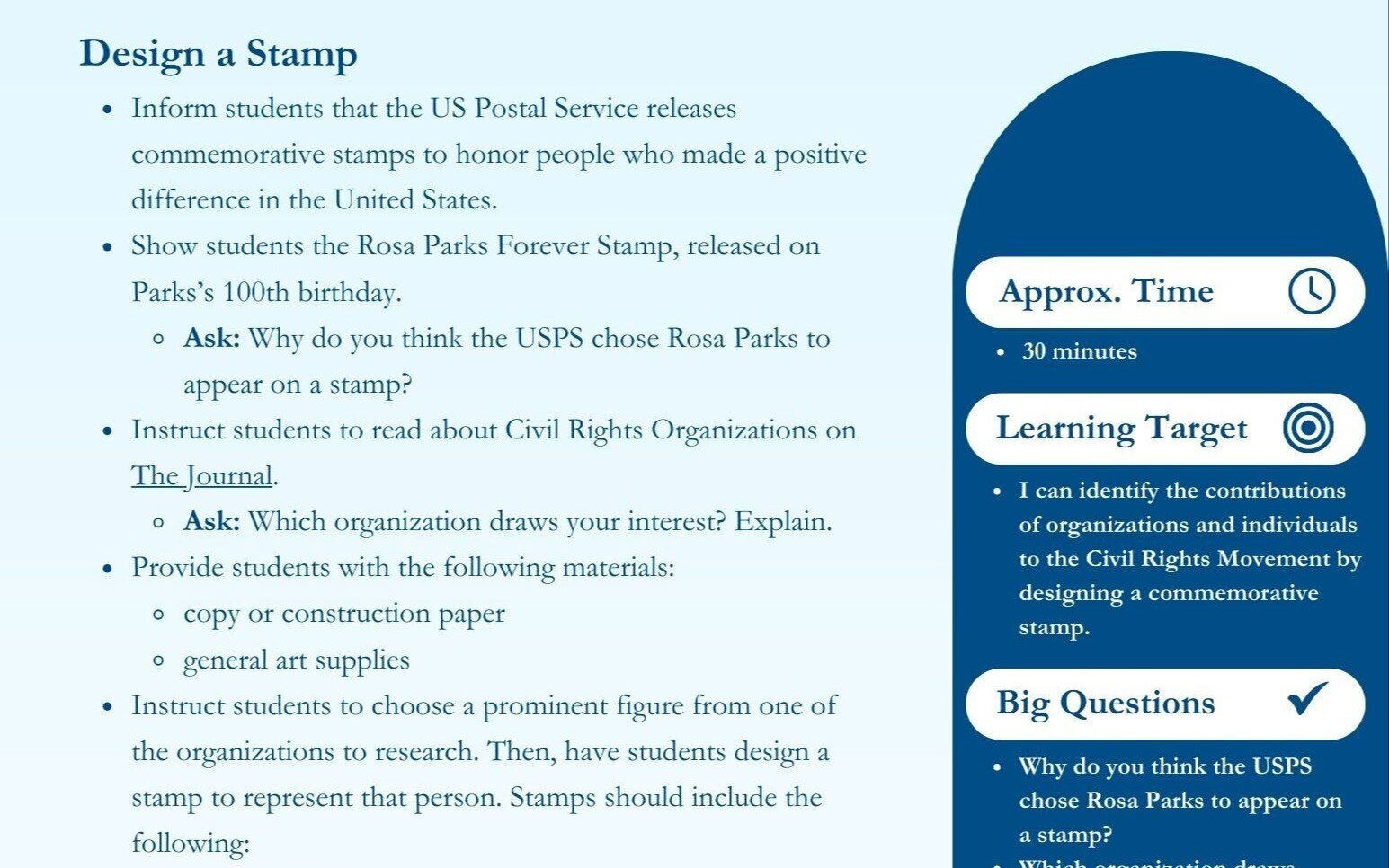
The Journal
The Journal examines the impact of strong cultures and communities on student learning. It underscores the connection between service and education, and their combined role in student development. New blogs and complimentary lesson plans are released bi-weekly. Subscribe for instant access.

GSEonline
All-in-one platform offering seamless access to Gibbs Smith Education eBooks and advanced study features. Our digital platform offers access to your programs including student and teacher-facing materials.
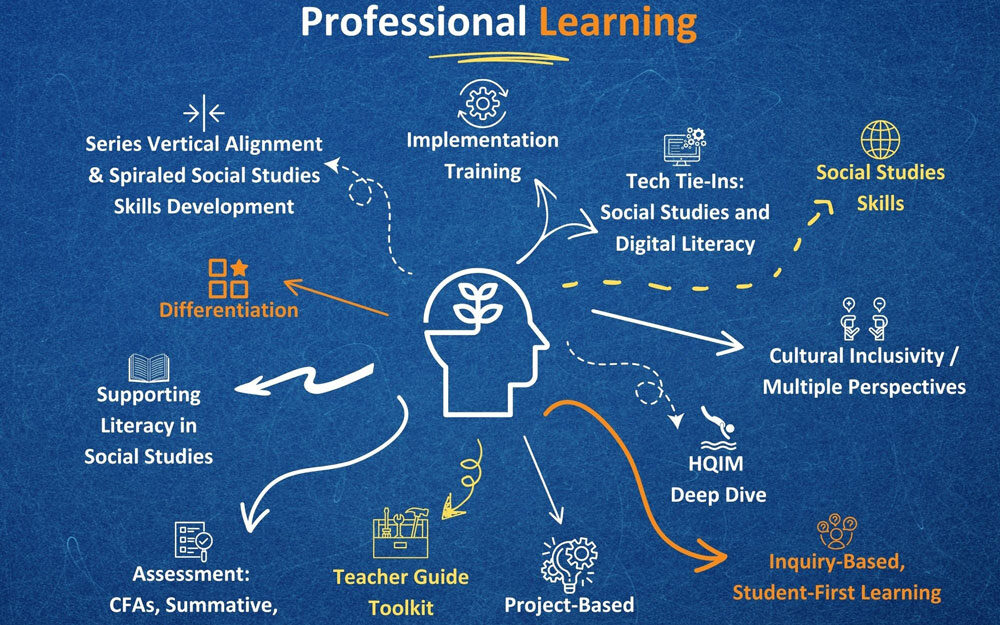
Professional Learning
Our professional learning program is designed to empower educators with the knowledge, skills, and resources they need to build and sustain strong school cultures and communities that foster academic achievement, character development, and community stewardship.
Invitation: Virtual Open House for GSE's New 5th-Grade Arkansas World Geography Program
Dear Arkansas Social Studies Educators,
Join us on an exploration of our new standards-aligned 5th-grade World Geography program from Gibbs Smith Education, where we will provide an overview of the curriculum and share details specifically designed to support your classrooms.
Event Details
Date: Thursday, December 5th
Time: 4:00-5:00 PM CT
Location: Virtual (Teams meeting link provided upon registration)
We look forward to seeing you there!

